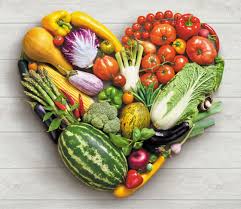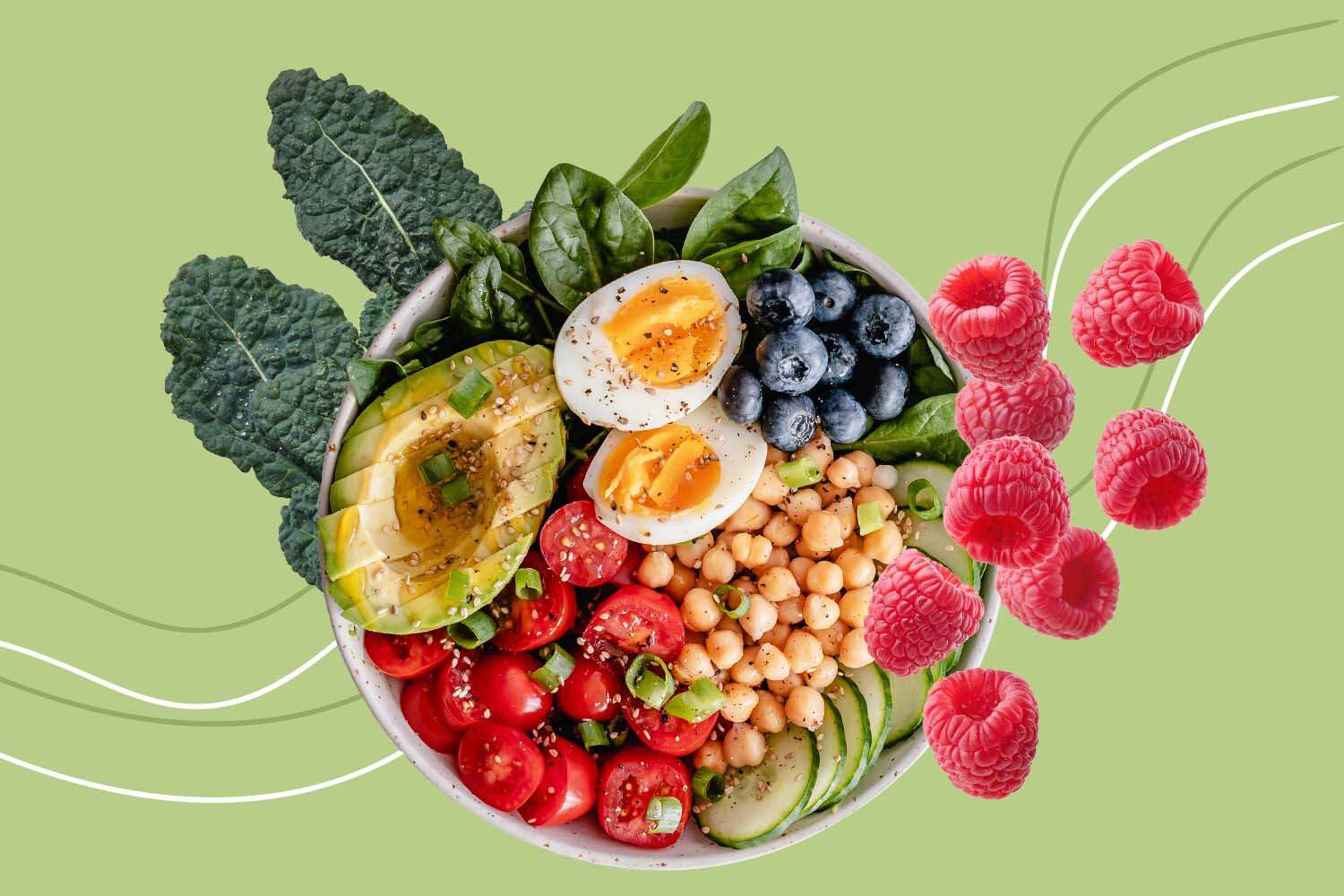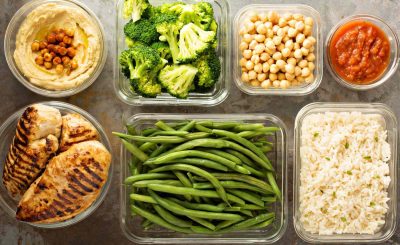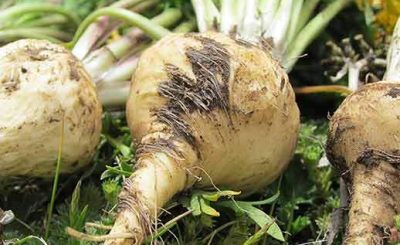Views: 16
Benefits Of Plant-Based Diet: Health, Energy & Wellness

Eating more plants and less meat can help both your health and the planet. Plant-based diets focus on foods like fruits, vegetables, grains, nuts, seeds, and legumes, while avoiding or limiting animal products like meat, dairy, and eggs. These diets are not always fully vegan or vegetarian, but they prioritize meals that rely on plants for nutrition and sustainability.
The food we eat impacts the environment. Raising animals, especially cows for beef and dairy, causes deforestation, uses a lot of water, and releases greenhouse gases. Switching to a diet centered on plants can reduce these harmful effects by using fewer resources and lowering emissions. It’s one of the ways we can tackle climate change.
In this article, we are going to look at the health and environmental benefits of a plant-based diet, key foods to include in your plant-based diet and beginner’s tips on how to start a plant-based diet.
Health Benefits of a Plant-Based Diet
- Reduced Risk of Heart Disease
Eating whole, plant-based foods is great for your heart. These foods are full of fiber, have no cholesterol, and are low in unhealthy fats. On the other hand, animal products like meat, cheese, and eggs contain cholesterol and saturated fats, which can clog arteries if eaten too much.
However, avoiding meat isn’t enough. To keep your heart healthy, it’s important to also limit processed foods like white bread and white rice. These don’t offer much nutrition and can cause blood sugar spikes and hunger. Whole fruits are a better choice than fruit juices, even 100% juice, because juices lose many nutrients during processing and are often high in sugar.
- Lower cholesterol and blood pressure
Plant-based diets can help lower “bad” cholesterol levels. Research shows that eating more plants, especially nuts, soy, and fiber-rich foods, can improve cholesterol. People who followed plant-based diets have lower total cholesterol compared to those who didn’t.
- Reduced arthritis pain
Eating a diet low in fat and high in fiber can help reduce inflammation. This is good news for people who follow a whole-food, plant-based diet. Plant-based foods are excellent at fighting inflammation, making them helpful for people with arthritis, which causes swelling and pain.
- Lower risk of Type 2 diabetes and improved kidney function
Eating less red meat and poultry can lower the risk of diabetes. These meats contain high levels of heme iron, which is linked to higher diabetes risk. People eating the most red meat had a 23% higher risk of diabetes, while those eating the most poultry had a 15% higher risk. Fish and shellfish, however, did not increase diabetes risk.
On the other hand, plant-based diets can prevent and even help reverse type 2 diabetes. They improve how the body uses insulin and lower the risk of heart problems. These diets can also help with weight loss and reduce the risk of kidney disease in diabetics.
- Improved gut health:
Switching to a plant-based diet can improve your gut health, helping your body absorb nutrients better and reducing inflammation. Over time, it may also help you live longer. Plant-based diets are not only healthy for you but also better for the planet since they avoid added hormones and antibiotics.
However, they do have some challenges. You might not get enough protein, vitamins, or minerals if you don’t choose the right foods. The good news is that you can avoid these problems by including nutritious options like:
- Legumes
- vegetables
- Nuts, seeds, and nut butters
- Tofu and minimally processed meat substitutes
- Calcium-fortified plant milks and yogurts
- Seaweed
- Nutritional yeast
- Sprouted and fermented plant foods
- Improved athletic performance
Many professional athletes are choosing plant-based diets to improve their performance.
Athletes often have personal reasons for their diet choices, but science supports plants as a great option for better health and performance. Plant-based foods like fruits, vegetables, nuts, and legumes are heart-healthy and help reduce inflammation. They also boost the immune system, which is especially important for athletes.
Environmental Benefits of a Plant-Based Diet
- Reduced Greenhouse Gas Emissions
Animal farming is a major cause of greenhouse gases, which lead to climate change and global warming. It produces over 14% of the world’s greenhouse gas emissions—more than all transportation combined. Research shows that switching to a vegan diet could cut these emissions by half.
Carbon dioxide (CO2) is a harmful gas, and industrial animal farming adds over 32 billion tons of CO2 to the atmosphere each year. If everyone stopped eating meat, CO2 emissions could drop by about 70%, according to the Veganism Impact Report.
Animal waste also releases nitrous oxide, a gas 300 times more harmful than CO2. Farm animals create 6 million tons of nitrous oxide annually, making up 65% of the global total. Additionally, cows and other animals release methane, which accounts for 44% of greenhouse gases from animal farming. Choosing a vegan diet reduces the need for farm animals, lowering nitrous oxide and methane emissions.
- Water Conservation
The oceans, which cover most of the Earth, are vital for life. They provide oxygen, support countless species, and help control the climate. But human activities are pushing ocean ecosystems to the brink, threatening life everywhere.
Fishing is the biggest threat to ocean health. Overfishing has already depleted 68% of global fish stocks, upsetting the balance of marine food chains. Harmful methods like bottom trawling destroy habitats such as coral reefs, while fishing nets and lines accidentally kill animals like dolphins, whales, and seabirds. Lost fishing gear also pollutes the ocean and traps marine animals—it makes up 46% of the Great Pacific Garbage Patch.
Animal farming also harms the oceans. Runoff from manure and fertilizers causes algal blooms, which block sunlight and reduce oxygen in the water. Fish farming adds waste, antibiotics, and chemicals to coastal waters. Additionally, farming contributes to global warming, which warms the oceans, reduces oxygen, and causes acidification. These changes damage marine life and lead to coral bleaching.
The best way to help the oceans is to stop eating fish and shellfish. Choosing a vegetarian or vegan diet reduces overfishing, pollution, and the strain on marine ecosystems. It also helps fight climate change, offering more protection for ocean health.
- Biodiversity preservation
Every species plays an important role in keeping ecosystems healthy. Losing biodiversity harms the environment and causes further damage over time. Sadly, many species are already extinct, and 1 million more are in danger of disappearing.
Key Foods to Include in a Plant-Based Diet
- Legumes (e.g., beans, lentils, chickpeas)
Legumes are healthy and full of fiber, which can lower the risk of heart disease and other long-term illnesses. They also provide protein, vitamins, and minerals. You can cook dried beans at home or buy canned or pre-cooked ones to save time. Look for options without added salt, sugar, or fat. If the beans have salt, rinse them before eating.
- Seaweed
Seaweed in Nigeria is popularly called “agbọn omi” in Yoruba and “ahihia mmiri” in Igbo is a unique plant food that contains DHA, a fatty acid with many health benefits. It is also rich in nutrients like magnesium, riboflavin, manganese, potassium, and antioxidants.
Types of algae, like spirulina and chlorella, are great sources of complete protein. Just two tablespoons (30 ml) provide about 8 grams of protein.
Some seaweed, like kelp, has very high iodine levels. Iodine is essential for thyroid health, protein synthesis, and nervous system development, particularly in infants. But eating too much iodine can be harmful, so it’s best to enjoy these types of seaweed in small amounts. Common types of iodine-rich seaweed include kelp, nori, kombu, and wakame.
Although seaweed contains a form of vitamin B12, it’s unclear if humans can absorb it effectively. Vegans should still rely on fortified foods or supplements for vitamin B12. Talking to a healthcare professional can help ensure proper intake.
- Whole Grains (e.g., quinoa, oats, brown rice)
Whole grains, cereals, and pseudocereals are packed with nutrients like complex carbs, fiber, iron, and vitamins B. They also provide magnesium, phosphorus, zinc, and selenium.
Some grains are especially high in protein. For example:
- Spelt: 10.7 grams of protein per cooked cup
- Teff: 9.7 grams of protein per cooked cup
- Amaranth: 9.3 grams of protein per cooked cup
- Quinoa: 8.1 grams of protein per cooked cup
These ancient grains and pseudocereals are great choices for a nutrient-rich diet.
- Nuts and Seeds (e.g., almonds, chia seeds, flaxseeds)
Nuts and seeds are excellent plant-based sources of protein, offering 5–12 grams of protein per 1-ounce (28-gram) serving. This makes them a great replacement for animal-based proteins.
They’re also full of nutrients like iron, fiber, magnesium, zinc, selenium, and vitamin E, along with antioxidants and other healthy plant compounds.
Nuts and seeds are very versatile. You can eat them as a snack or use them in recipes like sauces, desserts, and vegan cheeses.
For optimal nutrition, opt for unblanched and unroasted nuts and seeds, as processing can reduce their nutrient content. When buying nut butter, look for natural options without added oils, sugar, or salt.
How To Start a Plant-Based Diet – Beginner Tips
If you’re new to a plant-based diet, it’s easier to start slowly. Even small changes can improve your health. Here are some simple ways to begin:
- Have a meatless day once a week.
- Make breakfast with whole grains, like oatmeal or whole-grain toast, instead of animal products like eggs or bacon.
- Try eating plant-based foods until dinner.
- Add greens like spinach or kale to your meals.
- Replace meat in recipes with plant-based options like black beans or tofu.
Conclusion
A whole-foods, plant-based diet focuses on eating more plant foods and cutting back on animal products and processed foods. This type of diet can lower the risk of heart disease, some cancers, obesity, diabetes, and memory loss. Switching to a plant-based diet is also great for the environment. No matter which plant-based diet you follow, it will improve your health.
By kingkentus








You must be logged in to post a comment.